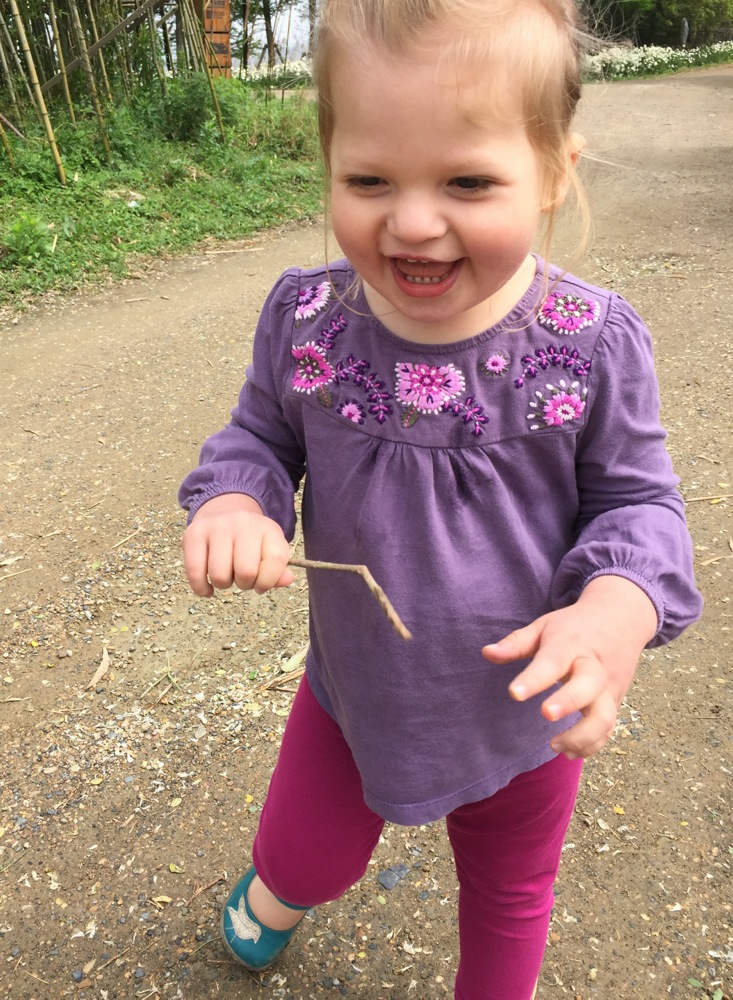
Currently, there is no drug or similar therapeutic treatment for KS. As a result, managing KS on a day-to-day basis involves various therapies (mostly commonly, speech, physical, occupational and behavioural), assistance of a parent or other caregiver, careful monitoring of symptoms and making lifestyle choices based on the patient’s needs. Certain medications may also be used to treat specific features such as epilepsy, behavioural or sleep problems, but these medical choices should be carefully reviewed with your doctor or appropriate medical specialist.
Many scientists and clinicians believe that virtually all children with KS have low muscle tone. Physical therapy provides support for a child with gross motor delays. Therapists will assist the child in building gross motor skills such as rolling, crawling, walking, and climbing stairs.
Occupational therapy will help a child develop fine motor skills. This can also include sensory-integration, feeding, and self-help skills.
Speech delays are another cardinal characteristic of KS. Early intervention for speech is critical for KS children to begin communicating. Speech therapy can often help with any feeding issues as well.
Experts have not yet identified whether there is a typical behavioural pattern for children and adults with KS, however, children are often described by their families as happy and fun-loving. Generally, children relate better to adults than other children and have little or no stranger anxiety and can be overfriendly. Problem behaviours include: invading others’ space, obsessive-compulsive disorders, aggression/self-injurious actions (outbursts of anger, biting, hitting, hair pulling), unpredictable mood swings, high pain tolerance, being easily frightened, feeling insecure and disliking changes in routine. A change in behaviour can also be due to ill health, although puberty may also bring a sudden increase in hard-to-handle behaviours and moods. Certain behaviours can often result in an ASD diagnosis. Parents can utilize behavioural therapy such as Applied Behaviour Analysis (ABA), Intensive Behavioural Intervention (IBI) or Pivotal Response Therapy (PRT). Certain medications may also be used to treat behavioural problems, but these medical choices should be carefully reviewed with your doctor or appropriate medical specialist.
Other forms of therapy that have found some degree of success with KS parents are hippotherapy (horseback riding), music therapy and water therapy, although the data sets remain too small to be overly conclusive.
Children with reflux may sleep better with the head end of the mattress raised. A small group of children have been diagnosed with sleep apnea – periods during sleep when the flow of air to the lungs is obstructed. In some of these children, removing enlarged tonsils and/or adenoids may prove helpful.
Some families only achieve a regular sleep routine by using medication. Melatonin is popular and most families believe it is at least partly effective, however, quite a few children need other prescribe medications to ensure they stay asleep. These medical choices should be carefully reviewed with your doctor or appropriate medical specialist.
Families whose children persistently wake at night may need regular, consistent respite care.
In addition to helping with daily tasks, a caregiver might also help a person with KS in the following ways:
- Reinforcing therapy strategies, for example, those used in speech
- Encouraging daily exercise to encourage physical development
- Assisting with feedings
While no drug is currently available that is able to treat KS, K.I.D.S. IQ Project is working with researchers around the world to find a therapeutic solution for KS patients.
